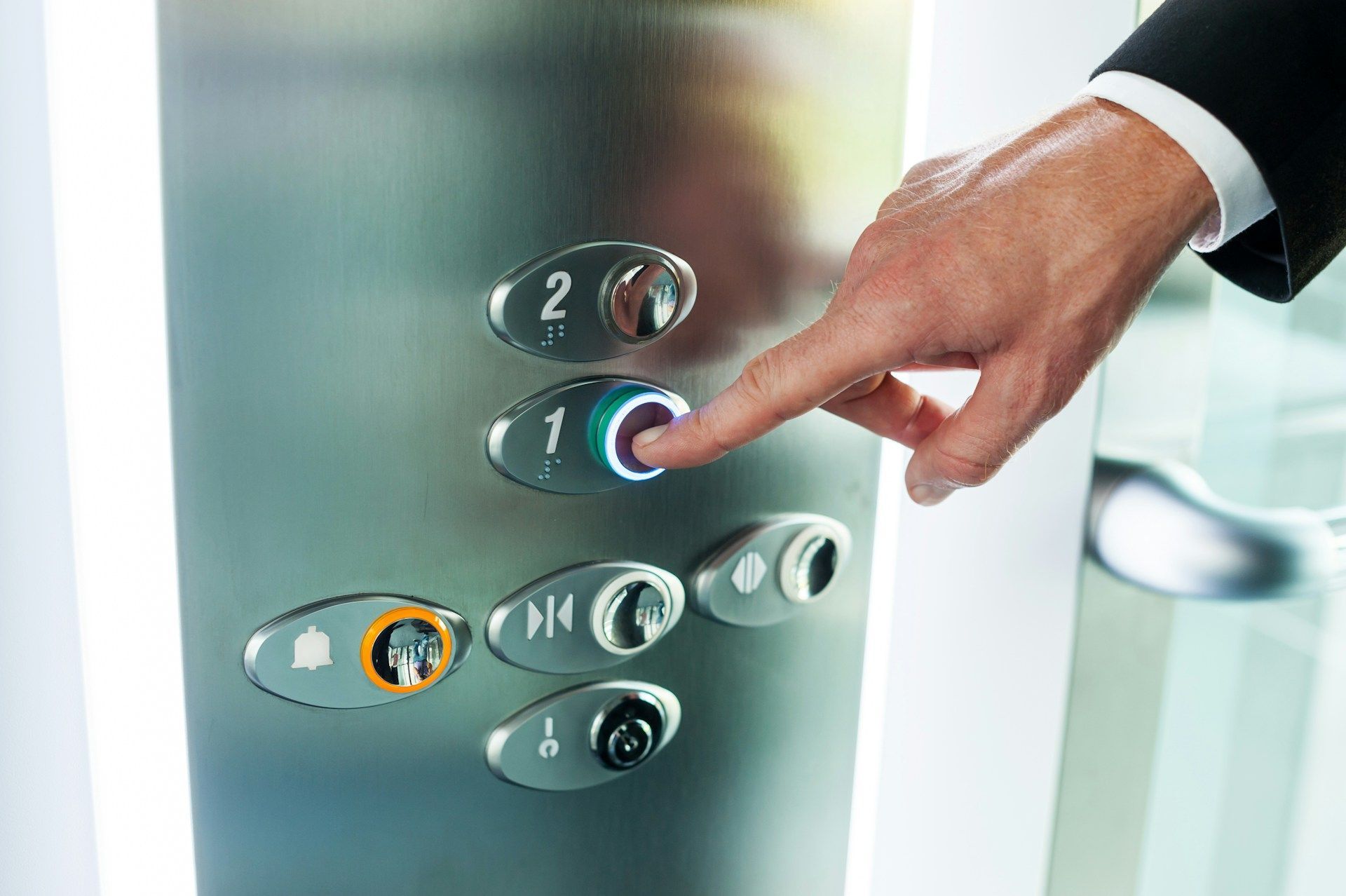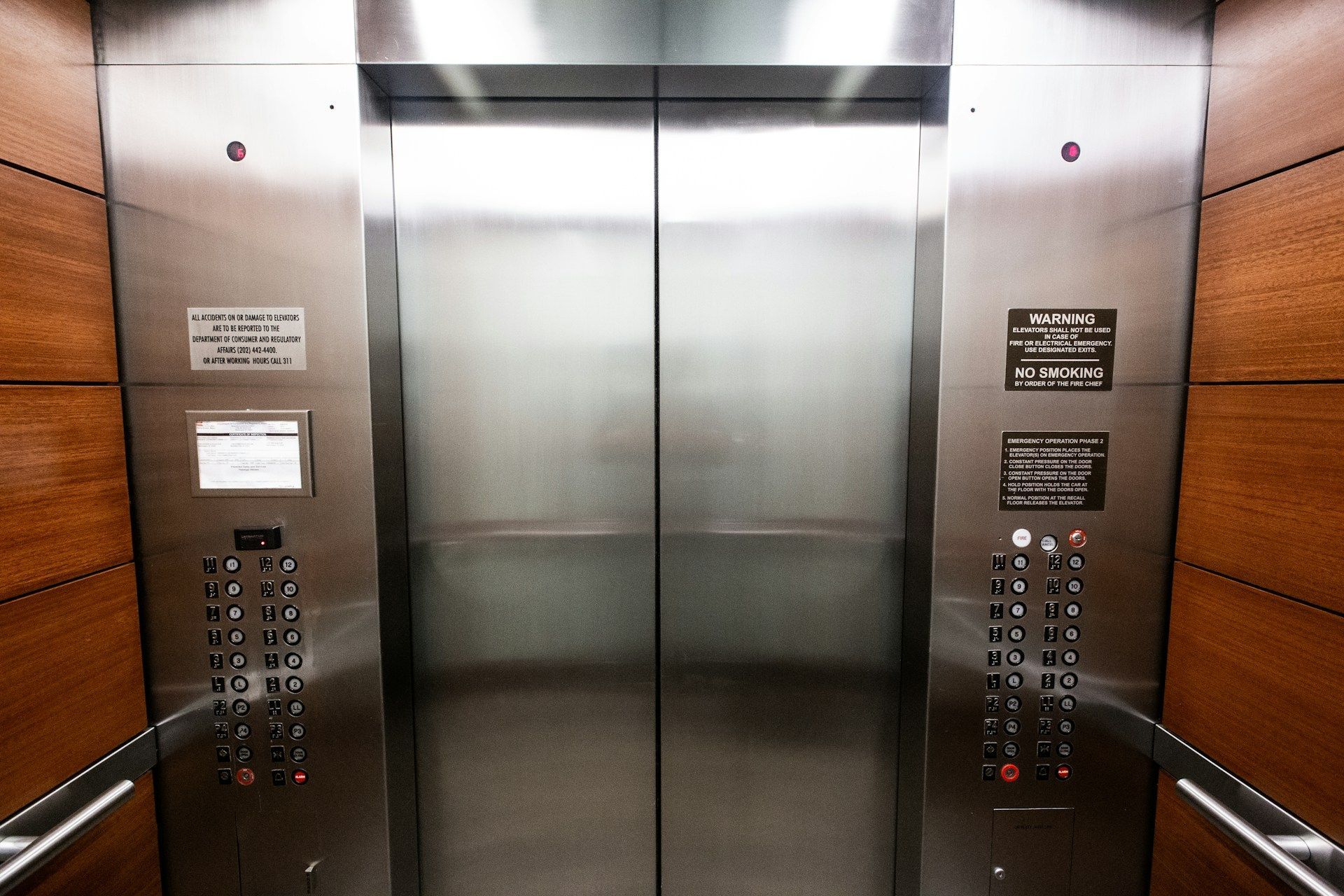Understanding Different Elevator Types When Considering New Purchases
Choosing the right elevator is more than just a decision; it's about ensuring smooth transport and safety for everyone using it. Elevators play a key role in the functionality and convenience of any building, whether it's a cozy family home or a bustling office complex. The choices you make now can impact your building's comfort, efficiency, and even long-term maintenance needs.
Understanding different elevator types can seem overwhelming, but there's good news. Making informed choices can greatly influence how well your building functions. With various options available, from residential to commercial and special-purpose elevators, knowing what each type offers helps you choose the best fit for your needs. Let's explore the types of elevators you might consider when planning a new purchase.
Residential Elevators
Residential elevators are becoming more popular, offering convenience and accessibility within multi-level homes. They come in a variety of types, each with its distinct features that cater to different needs:
- Hydraulic Elevators: These elevators use a fluid-driven piston to move. They're known for their smooth ride and quiet operation, often used in homes due to the gentler start and stop. These elevators need a little more space for machinery, which is usually located in a separate room.
- Pneumatic Elevators: Imagine a large, clear tube with a cabin inside, moving up and down like a capsule. These elevators use air pressure to move and are perfect for homes where space is limited. They're easy to install and have a modern design.
- Cable-Driven Elevators: Using cables and a counterweight, these elevators are similar to what you find in commercial buildings but scaled down for home use. They offer a traditional look and can be customized in size and finish to match home interiors.
Choosing between these options often depends on several factors, including space availability, budget, and aesthetic preferences. For instance, a pneumatic elevator might suit a compact home with modern decor, while cable-driven may better fit a traditionally-styled home with lots of room. It's essential to consider both the current family needs and potential future accessibility requirements when selecting a residential elevator.
Commercial Elevators
Commercial elevators are essential for buildings that see a lot of foot traffic and heavy loads, such as offices, shopping centers, and hotels. These elevators cater to different needs compared to residential ones, focusing on capacity, durability, and efficiency. There are various types of commercial elevators to consider:
- Passenger Elevators: These are the most common type in any commercial setting, designed to transport people efficiently and comfortably. They can range from basic models to luxurious designs, depending on the building's needs and aesthetic preferences. The capacity is a major consideration here, as it determines how many people can use the elevator at once.
- Freight Elevators: Designed to carry heavy loads rather than people, freight elevators are vital in buildings like warehouses and factories. They can handle the transit of goods and large equipment, often equipped with reinforced walls and floors to withstand weight and wear.
- Service Elevators: Found in large buildings like hotels and hospitals, these elevators handle tasks such as moving supplies or housekeeping carts. They are usually located discreetly to prevent interference with passenger flow.
Choosing the right type of commercial elevator involves assessing the building's usage, including peak traffic times and typical loads. For example, a hotel might prioritize passenger comfort and speed, while a warehouse would need a durable freight elevator that handles heavy weights without frequent maintenance interruptions.
Special-Purpose Elevators
Special-purpose elevators serve unique needs that standard elevators might not adequately address. These include types such as wheelchair lifts and dumbwaiters, offering solutions for accessibility and specialized transport within a building:
- Wheelchair Lifts: These lifts are crucial for ensuring accessibility in buildings where full passenger elevators may not fit or be feasible. They provide an alternative way for wheelchair users to move between floors, meeting ADA requirements and enhancing inclusivity.
- Dumbwaiters: Though not used for passenger transport, dumbwaiters are handy for moving small goods between floors, like in restaurants or libraries. They save time and effort in transporting items, reducing the labor needed for manual carrying.
When considering special-purpose elevators, it's important to evaluate the specific needs they fulfill. If a building has a significant number of wheelchair users, a wheelchair lift could prove immensely helpful. Similarly, buildings needing frequent small-item transport might benefit substantially from a dumbwaiter.
Key Factors to Consider in Elevator Sales
When purchasing an elevator, several factors play a crucial role in ensuring you make the best decision for your building's needs. Here are some factors to mull over:
- Energy Efficiency: With growing concerns about energy use, choosing an elevator that conserves energy can reduce operating costs and support environmental goals. Look for models that offer regenerative drives or eco-friendly features.
- Maintenance Requirements: The type of elevator technology often dictates how much maintenance is needed. Some systems might require frequent servicing, while others boast longer intervals between checks. Understanding these needs helps in planning and managing future costs.
- Safety Features: Elevators should incorporate the latest safety measures to protect users. This includes emergency stop buttons, backup power systems, and door sensors to prevent accidents. Ensuring compliance with local safety regulations is non-negotiable.
Conclusion
Selecting the right type of elevator involves a thorough understanding of your building's specific needs and priorities. From residential to commercial and special-purpose elevators, each offers unique benefits tailored to different scenarios. Taking into account factors like energy efficiency, maintenance, and safety not only helps you choose wisely but also ensures the elevator remains a valuable, long-term asset to the building. For those planning a purchase, considering these aspects will guide you to an informed and effective decision.
Ready to transform your building with cutting-edge elevator solutions from Elevator Solutions Inc.? Our expert team is here to guide you through the process of elevator sales that prioritizes your needs for safety, efficiency, and modern design. Whether you're upgrading an office space or outfitting a new residential complex, let us help you find the perfect fit. Connect with us today to enhance your building's performance and ensure seamless accessibility for everyone.



